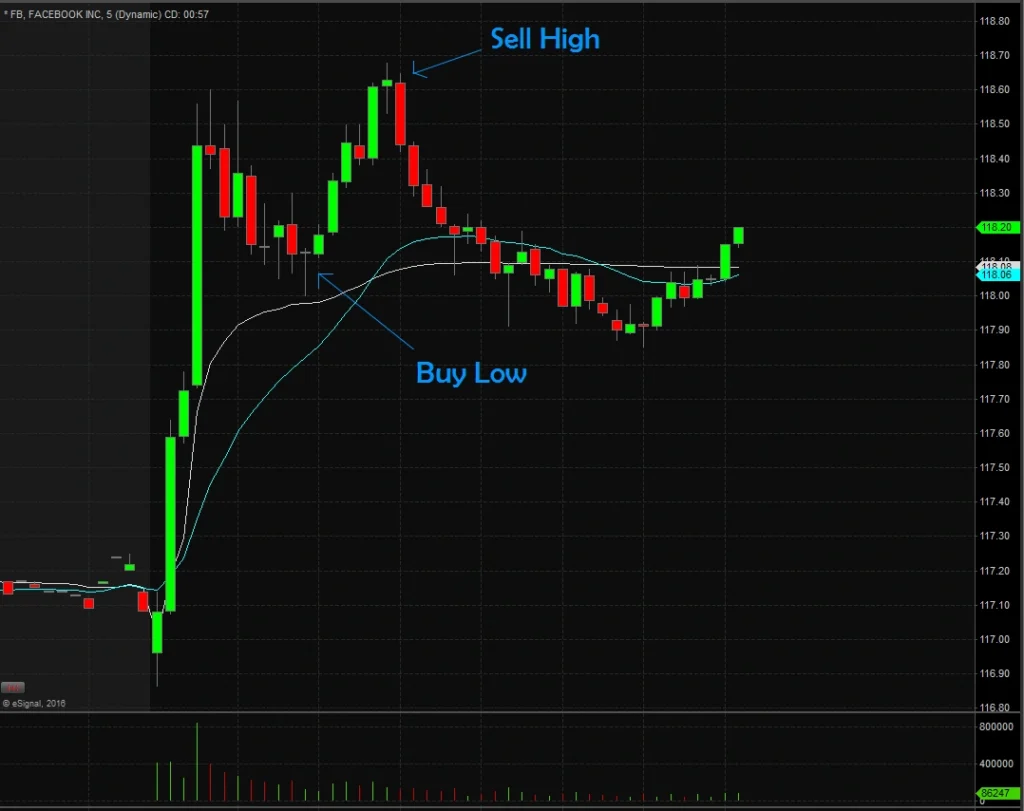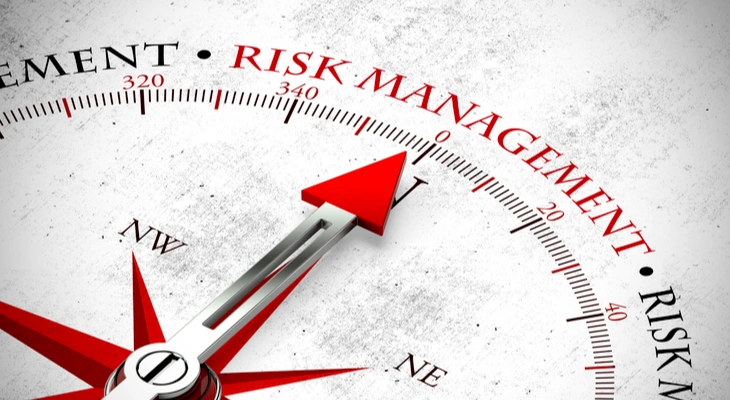The Risky Game That Won’t Go Away: Why Day Trading Still Attracts Beginners
February 1, 2025

The Curious Appeal of Day Trading
Day trading risks have grown harder to ignore in recent years—especially as the trend gains traction among younger investors. It promises flexibility, potential profits, and a sense of control. But behind the fast-moving charts and dramatic gains shared on social media, there’s another side to the story: the dangers.
For beginners, these risks can be unforgiving. Yet in markets like Vietnam, more people than ever are giving it a try. Why is that?
What Exactly Is Day Trading?
Day trading means buying and selling financial assets — usually stocks — within the same day. The goal is to make money from short-term price movements. Traders don’t hold positions overnight. Everything happens fast.
This style of trading became more popular during the pandemic, when many had more time, access to online platforms, and a desire to make extra income. In Vietnam, the rise of mobile trading apps and growing financial interest among young adults have accelerated this trend.
But day trading is not just about pressing buy and sell. It’s more like playing chess with a timer — fast decisions, constant strategy, and high emotional stakes.
The Day Trading Risks You Might Not See at First
The biggest risk in day trading is losing money — quickly. Markets move fast, and even small mistakes can lead to large losses. Many beginners start with small wins, feel confident, and then overtrade.
Another challenge is emotional pressure. Trading can be stressful, especially when money is involved. One bad trade can affect your mood. Some people chase losses or trade impulsively. Without a plan or rules, things can spiral.
Also, it’s important to understand that retail traders (individuals trading on their own) often compete against professional firms using high-frequency trading tools. These firms can act faster than any human. That’s tough competition.
Still, Why Is Day Trading So Popular?

Credit from Warrior Trading
Even with these risks, many people still find day trading exciting. There are a few reasons:
- It feels active. You’re doing something, not just waiting.
- Small wins give a rush. The idea of making money quickly is appealing.
- Social media makes it look easy. Success stories are everywhere.
- It’s accessible. All you need is a phone, internet, and a trading app.
In Vietnam, these factors are amplified by a young, tech-savvy population and a growing interest in personal finance. Stock trading groups on Zalo and Facebook are full of discussions, tips, and screenshots of big wins — even if the losses are rarely shown.
What Beginners in Vietnam Should Know
Day trading in Vietnam has become more common. The number of new brokerage accounts opened by young traders is increasing each year. That’s a sign of rising interest — but also a signal that many may be entering the market without enough preparation.
If you’re new to day trading, here are a few things to consider:
- Learn before you trade. Understand basic terms like stop-loss, margin, and volatility.
- Start small. Use less capital until you gain experience.
- Keep a trading journal. Track what works and what doesn’t.
- Don’t rely on tips from social media. Test your own ideas first.
Also, remember: day trading is not the same as investing. Investing focuses on long-term growth. Day trading is short-term speculation. The skills — and risks — are different.
Day Trading Risks: Is It Worth Trying Day Trading?

Credit from Warrior Trading
That depends on your goals and personality. Some people enjoy the challenge and are willing to spend time learning the rules. Others find it too stressful and prefer more stable options.
If you enjoy data, patterns, and decision-making, you might find day trading interesting. But if you’re looking for quick, guaranteed income, this path can be disappointing — or even dangerous — without the right mindset and discipline.
In Vietnam and elsewhere, day trading may continue to grow in popularity. But understanding the risks before you start can make all the difference between a short-term hobby and a painful mistake.
Conclusion: Know the Day Trading Risks, Then Decide
Day trading risks are not hidden — but they’re easy to underestimate. For beginners, the mix of excitement and potential profit is tempting. Still, markets are unpredictable. Without proper knowledge and control, small mistakes can lead to big losses.
In Vietnam’s fast-changing financial scene, day trading offers new opportunities. But it also demands caution. If you’re thinking about jumping in, take time to learn, practice, and ask hard questions. Sometimes, the best first trade is waiting until you’re truly ready.

